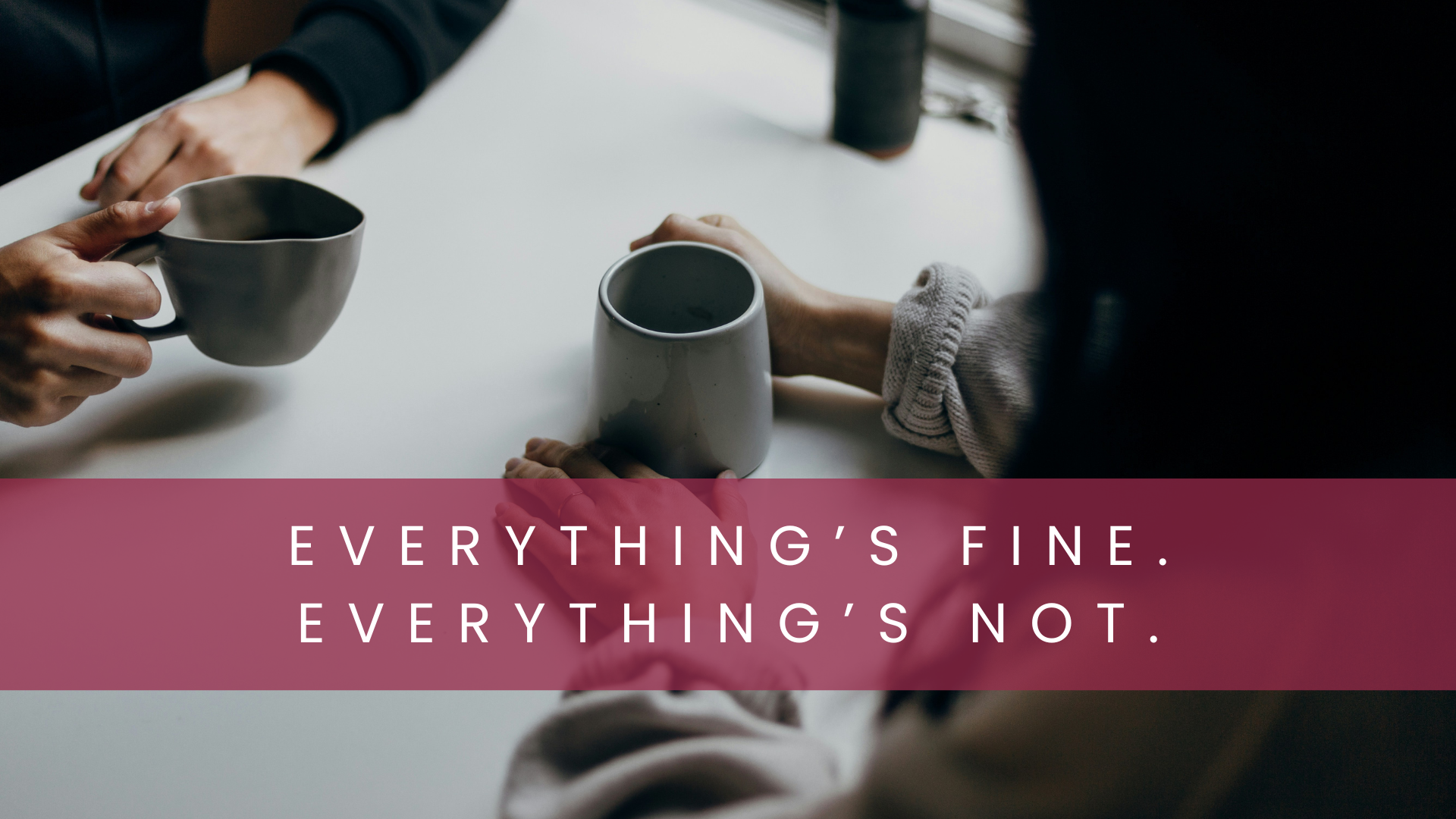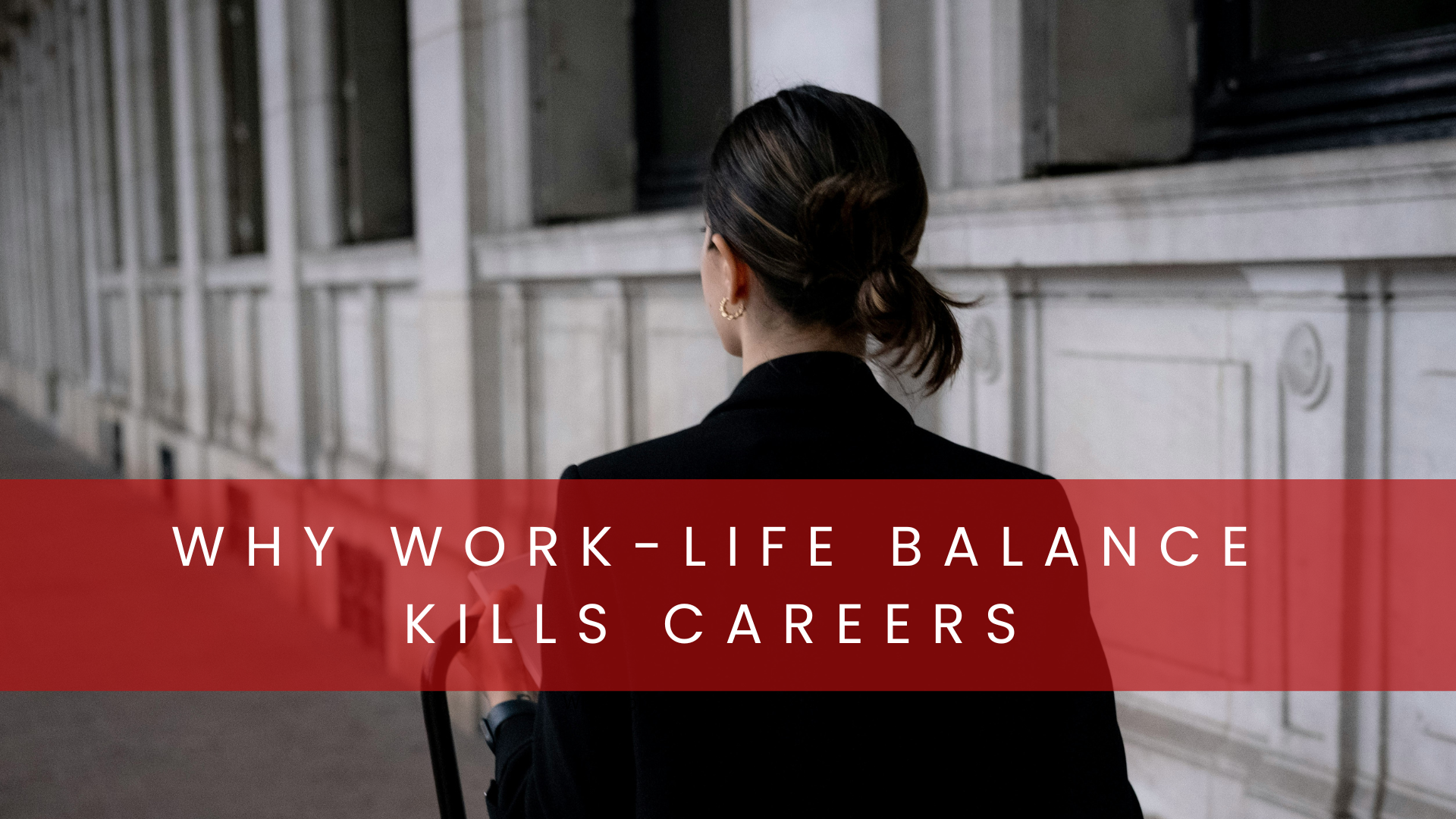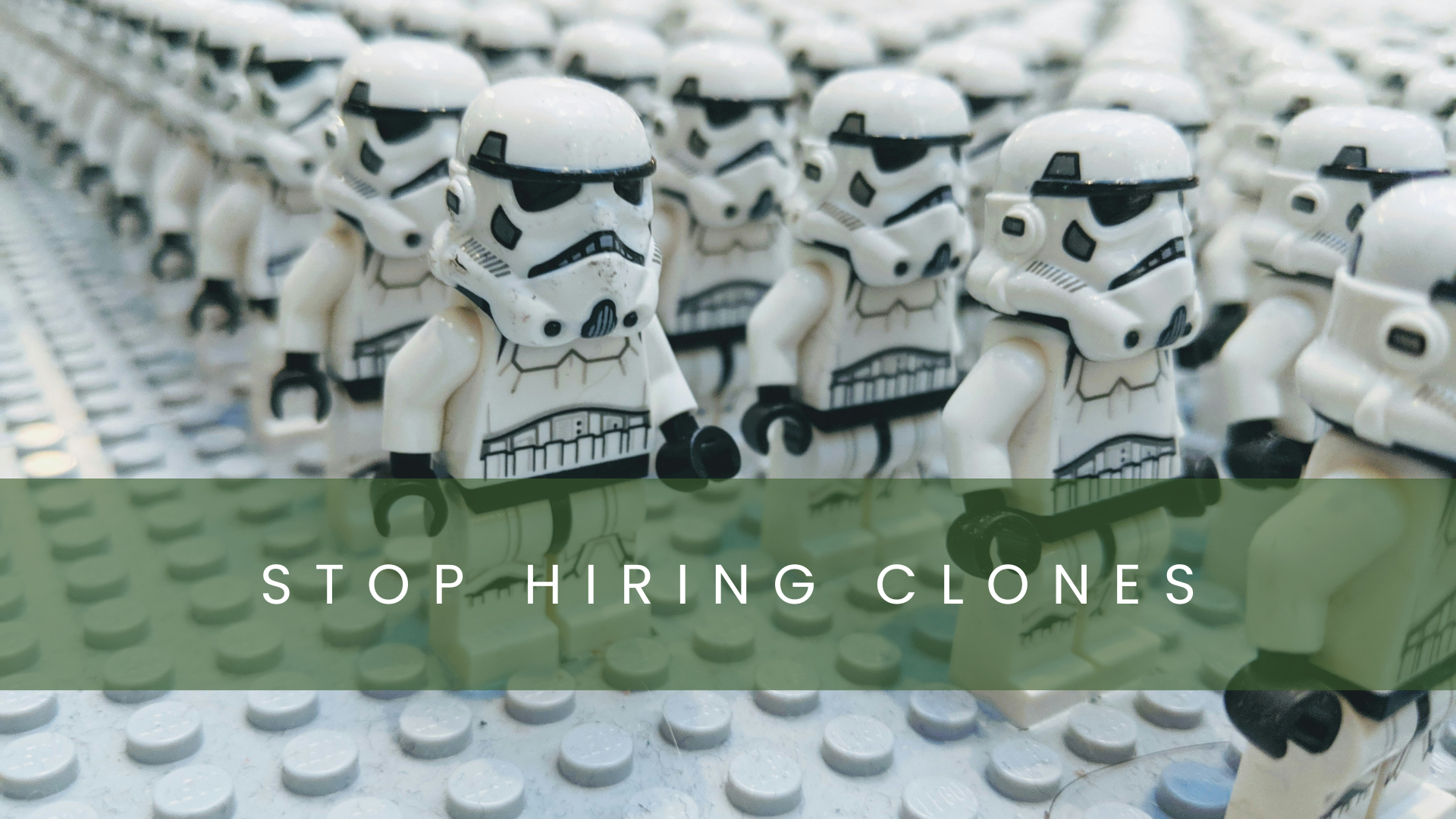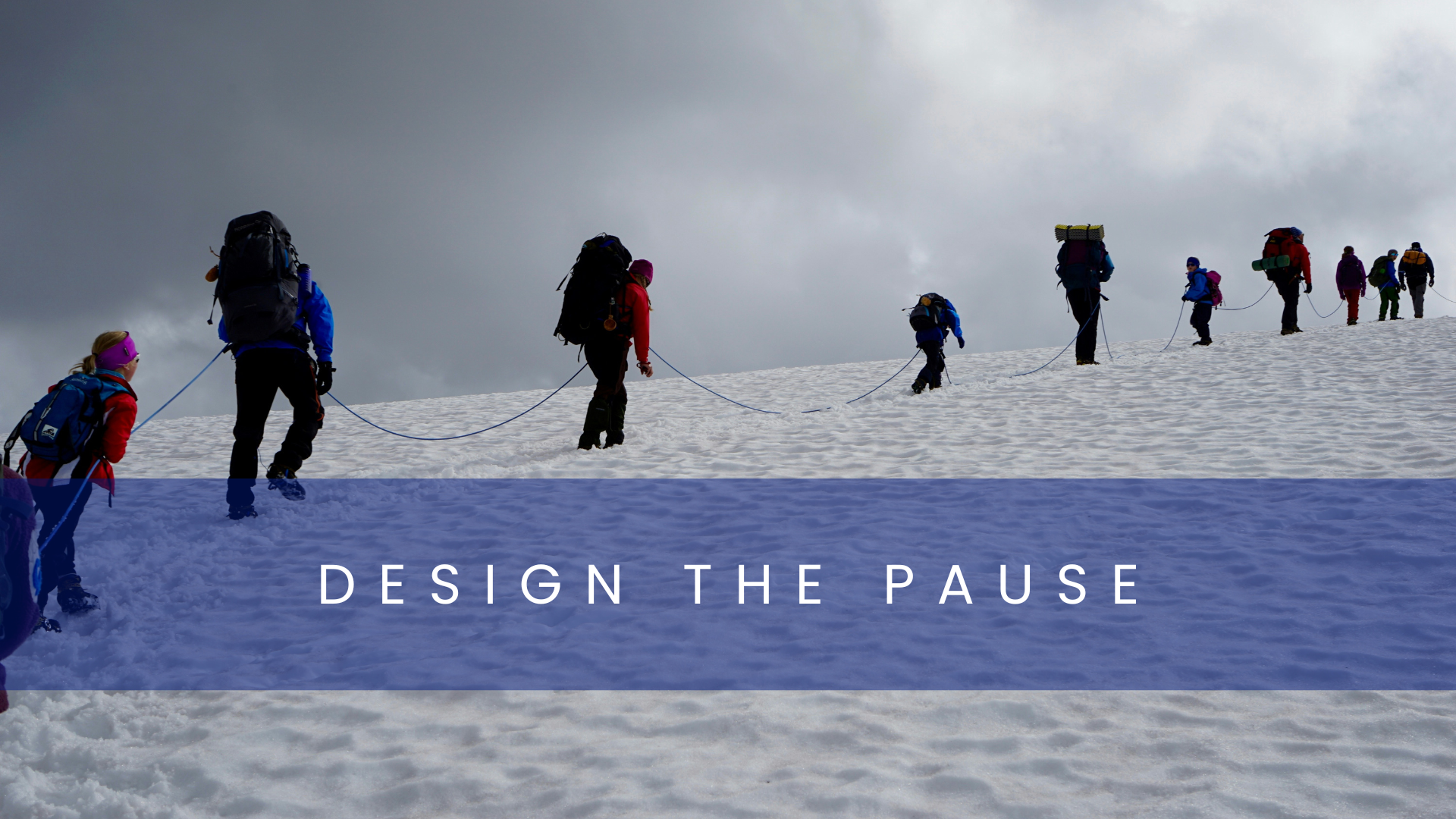“I don’t know what I want to do with my life.”
She wasn’t lost.
She was one of our top performers.
A regional marketing leader. Consistent results. Strong reputation. Positive leadership. The kind of person organizations invest in—and expect to keep moving forward.
From the outside, her career was progressing exactly as planned.
On the inside, the cost was starting to show.
We were in a growth phase. New regional roles were being defined, and she was a strong candidate for several of them. Senior leaders were already reaching out, informally checking her interest for future moves.
And yet, in my office, the narrative shifted.
She was tired. Frustrated. Uncertain.
Not because she lacked ambition—but because the external script no longer matched her internal reality.
She had everything she was supposed to want: trajectory, options, credibility.
And still, something wasn’t adding up.
Her questions weren’t philosophical. They were operational:
Am I on the right path?
Should I slow down now for my children?
If I step off this track, will I be able to get back on?
What happens if I lose what I’ve already built?
Inside organizations, there are costs that don’t show up on any dashboard.
Everything can look “fine” while someone is quietly burning out.
And this created a real dilemma—on both sides.
If she left, the organization would lose a high-potential leader we had invested in.
If she stayed by forcing herself through, the cost would show up later: erosion of energy, disengagement, declining standards.
As a leader, I was facing my own uncomfortable trade-off:
Do I support a decision that might impact short-term results?
Or do I push for a “rational” stay that looks good on paper—but isn’t sustainable?
The first thing I did was listen.
No quick fixes. No forced optimism. No premature solutions.
These conversations break down when leaders try to “solve” them too quickly. We relieve our own discomfort—but we don’t help people gain clarity.
That’s when I shared two principles that guide my leadership decisions.
1. Developing talent is a strategic investment—with consequences
Growth ultimately comes from within. No leader “develops” someone else.
But leaders do design the environment:
they remove obstacles,
broaden perspective,
assign challenges that stretch without breaking,
give feedback that is honest—not performative,
and open real doors.
I don’t manufacture anyone’s future.
But I can create the conditions where their best version has room to emerge.
And this matters:
My role is not to retain talent at all costs.
It is to support growth—even when that growth leads somewhere else.
Developing talent is a decision.
Not developing it is also a decision.
Both carry risk.
2. Allow yourself to change your mind—without losing dignity
Life is not a contract with the person you were five years ago.
Strategic decisions are not verdicts; they are hypotheses.
The real question is not “What if I’m wrong?”
It’s “What experiment will help me learn—without burning the bridge?”
We worked with a simple decision lens:
What gives you energy?
What drains it?
What sustains your life today?
What do you need to test to gain clarity?
We agreed on real flexibility.
We set a timeframe.
We defined an experiment—not a permanent promise.
She chose to stay, but in a different role, working more from home while her child transitioned into school.
Eighteen months later, she returned to a commercial role— with more clarity, less internal noise, and more energy than before.
High Care + High Performance
I call this High Care + High Performance.
They are not opposites. They reinforce each other.
High care is not about softening decisions. It’s about clarity, context, and intelligent flexibility.
High performance is not about squeezing results. It’s about clear standards and honoring commitments.
And one critical distinction: high care does not protect people from cost. It helps them choose which cost they are willing to pay.
Because leadership decisions are rarely made with full clarity.
They are made when the cost of not deciding becomes higher than the risk of being wrong.
A decision lens you can use
What decision are you postponing because it feels safer to wait?
What small, time-bound experiment could give you clarity without closing doors?
If you lead others, try this in your next 1:1:
“If you could change one thing about how you work today, what would it be?”
Then agree on one concrete action for the following week.
Clarity rarely arrives all at once.
It is designed—one deliberate decision at a time



















